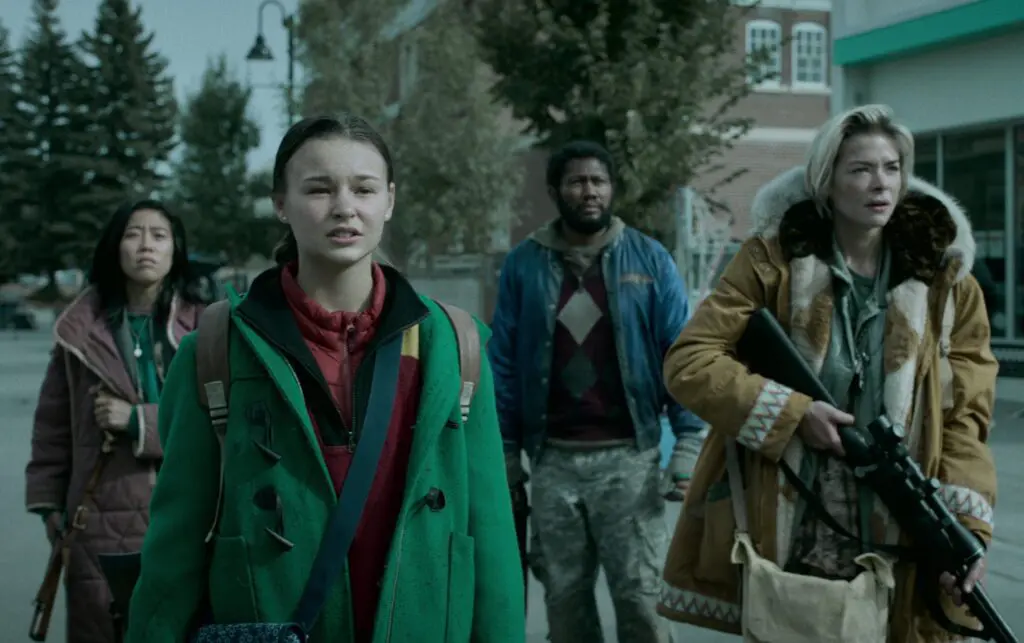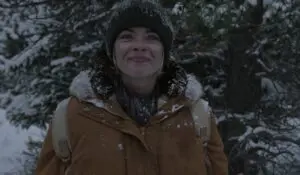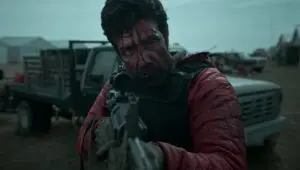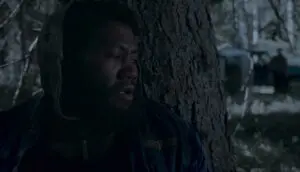Summary
Black Summer has encapsulated the intricacies of human flaws.
This review of Netflix’s Black Summer season 2 does not contain spoilers.
Maybe I was a tad harsh on Black Summer for its debut season. My main qualm was that it did not offer anything uniquely different. In a landscape of zombie interpretations, it’s expected that if a series like this is released, then it offers something that makes the audience pumped. People running away from zombies, attempting to reach a safe place is hardly inspiring, especially with the TWD universe keeping hold of the genre mantle.
And Black Summer season 2 has similar issues, with some chapters feeling conceptual and empty rather than blessed with a sublime narrative structure. However, there are a few gems in its second installment, and unlike season 1, I was suddenly invested in a few characters.
Season 2 is mostly about battling the wintery elements while keeping desperate humans at bay. This is a world that’s become increasingly morally corrupt, that even the most normal conversations feel tense. The writers have done marvelously in understanding the human condition; how regular stress and trauma on the brain can form an entirely new personality for a person, and normalize their ferocious environment. Black Summer has encapsulated the intricacies of human flaws.
Of course, the stand-out characters that draw the audience in the most are Rose (played by Jaime King) and her daughter Anna (played by Zoe Marlett). Bring your minds to the finale of season 1, and you’ll remember Rose finding her daughter in an empty stadium. The second season sees the two absorbing characters venture across snowy scapes to find an airstrip for a routine plane that can take them to safety. While Rose was a character of interest in season 1, her daughter fits in with ease in season 2. In fact, their relationship makes the second installment work. There are returning and new characters in season 2 that have the same objective, which complicates matters for everyone
Black Summer has a habit of using screen titles and storyboarding around a specific scenario. While I understand the creativity, it did not feel necessary at times to jump around a particular timeline; it felt slightly overkill in order to fill screen time. Especially on episodes where nothing much really happens.
Season 2 feels like a better installment, and by the end, the writers managed to sell a third season. Despite being frustrated at various plot points, and lackluster chapters, the penultimate chapter, and the finale secure Black Summer as a story that can be extended. Hopefully, Netflix does not place it under its regularly used guillotine.
What are your thoughts on Netflix’s Black Summer season 2? Comment below.




